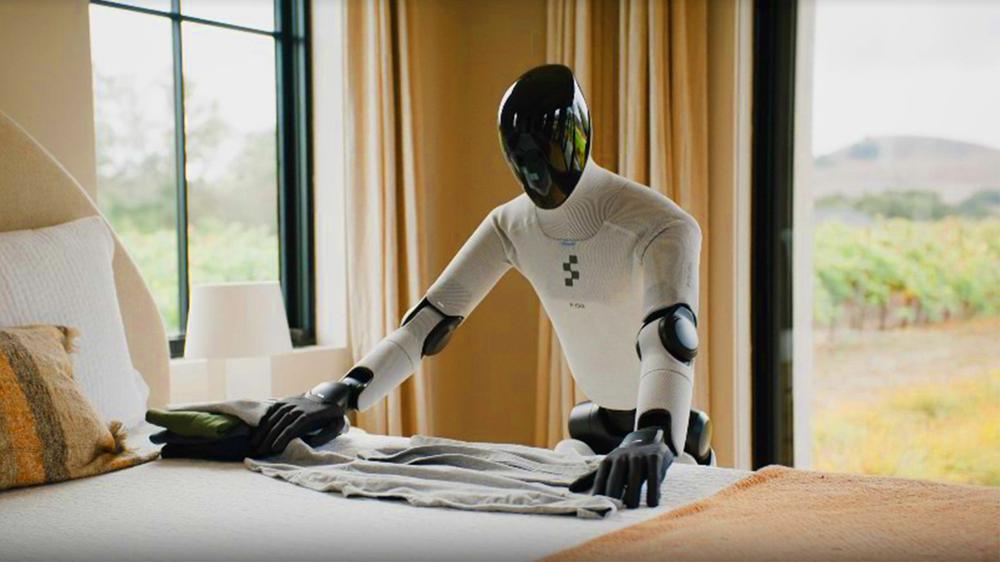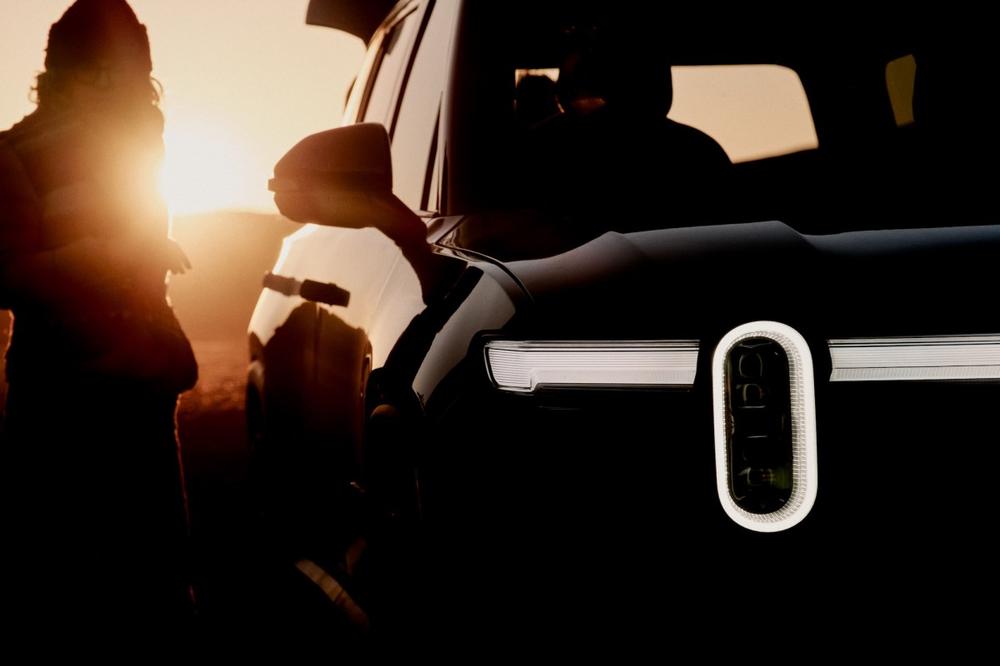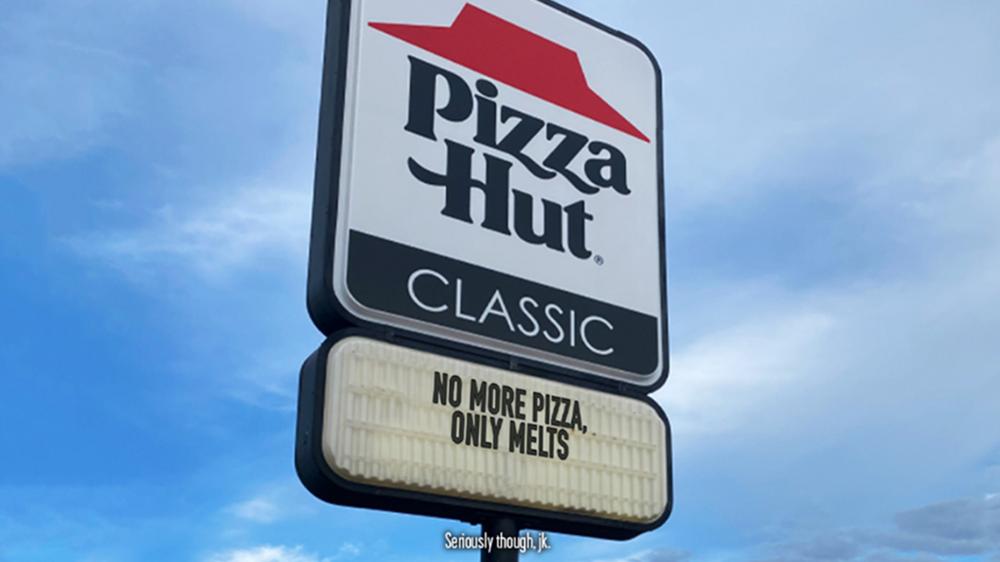The AI race is heating up more ever thanks to the ambitious introduction of robot assistants, whose algorithms are being trained on real people carrying out mundane tasks for a living.
Nilesh Christopher, a reporter with the Los Angeles Times, dug deep into the rise of AI “arm farms” for a viral investigation into what makes these new robots tick.
Just last month, robotics company FigureAI debuted its new ‘Figure 03’ model, which they claim is capable of carrying out a bevy of tasks like washing dishes, operating a washing machine, folding clothes and other such chores.
Not long after, 1X showed off their own humanoid robot butler, NEO, which they also advertised as a social companion — but one of its features raised eyebrows online.
While the NEO is capable of operating on its own, buyers can activate its ‘Expert’ setting, which allows a 1X employee to take over and control the robot remotely.
This flies in the face of most people’s assumptions that these robots are fully autonomous. After all, having a stranger inside your home from halfway across the world isn’t exactly a comforting thought… but it might be the future of home assistants. At least, in the beginning.
AI robots powered by “arm farms” and human operators, LA Times discovers
Christopher spoke with several experts in the AI space for his report with the LA Times. Ulrik Stig Hansen, co-founder of a data management platform called Encord, says there are plans to build entire warehouses in Eastern Europe to house employees who will operate these robot assistants remotely.
Christopher also discovered AI “arm farms” — businesses that employ people whose job is to wear a Go Pro on their heads and record themselves carrying out mundane tasks to help train the algorithms these robots will use on the job.
One of these tasks is folding towels over and over again, giving the AI repeated data to help robots fold clothes at an expert level. One of these farms, a start-up named ObjectWays, requires employees to completely start over if it takes them longer than a minute to fold a towel, or if they do it incorrectly.
In fact, most of the workers doing the folding are engineers, who Christopher noted aren’t used to doing chores and take turns folding the towels during their shifts.
“Sometimes we have to delete nearly 150 or 200 videos because of silly errors in how we’re folding or placing items,” an ObjectWays employee told the outlet.
This is just a taste of the data these sorts of companies are gathering from humans. One startup, Micro1, hires workers to wear smart glasses that record “everyday actions,” while FigureAI partnered with a real estate firm to capture movement within 100,000 homes to teach robots how to move inside houses.
Deepen AI founder Mohammad Musa said that these robots are currently running on a mixture of remote operations and human-driven data collected outside the West, but speculates that this trend will eventually change.
“Today, a mix of real and synthetic data is being used, gathered from human demonstrations, teleoperation sessions and staged environments,” he said. “Much of this work still occurs outside the West, but automation and simulation are reducing that dependency over time.”
This is just the latest shocking news to come out of the AI robotics space after a patient who’d received Elon Musk’s Neuralink brain implant was able to feed himself using a robot arm he controlled with his mind in early October.

 Rivian creates another spinoff company called Mind Robotics
Rivian creates another spinoff company called Mind Robotics